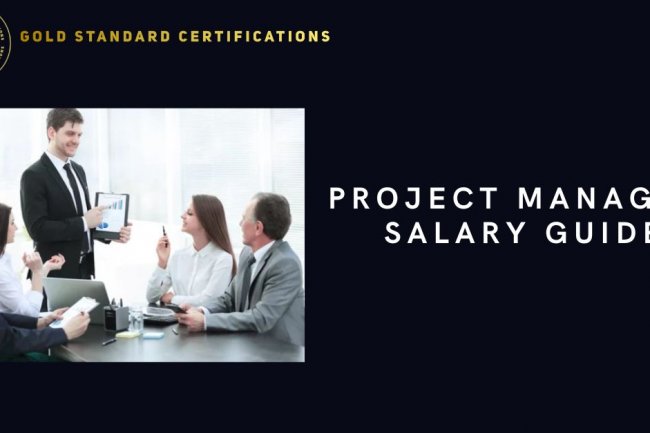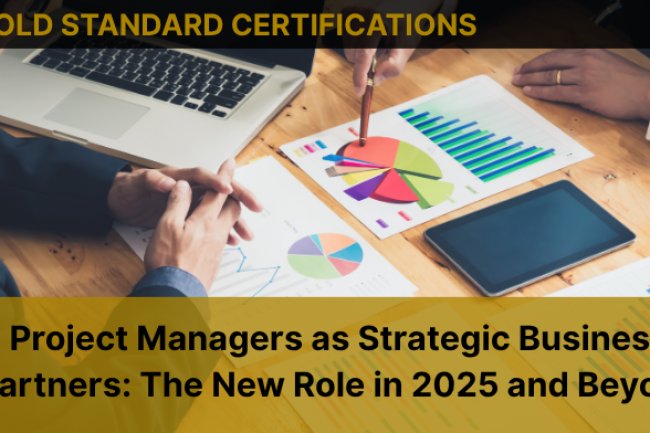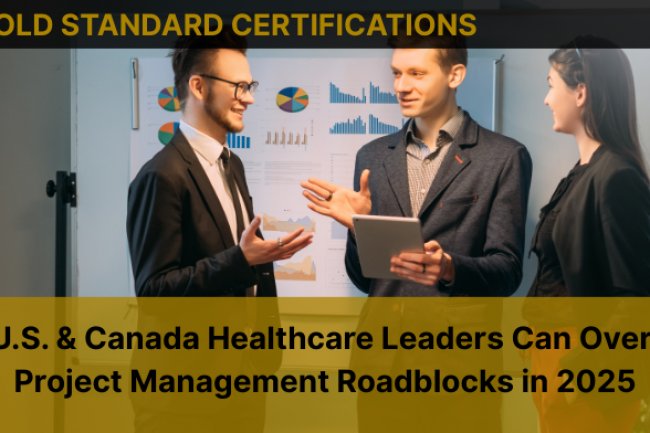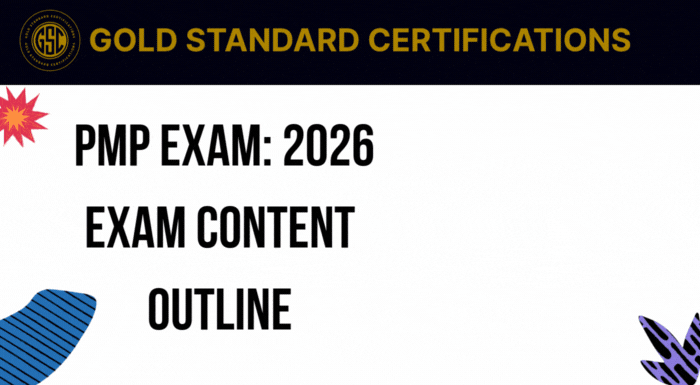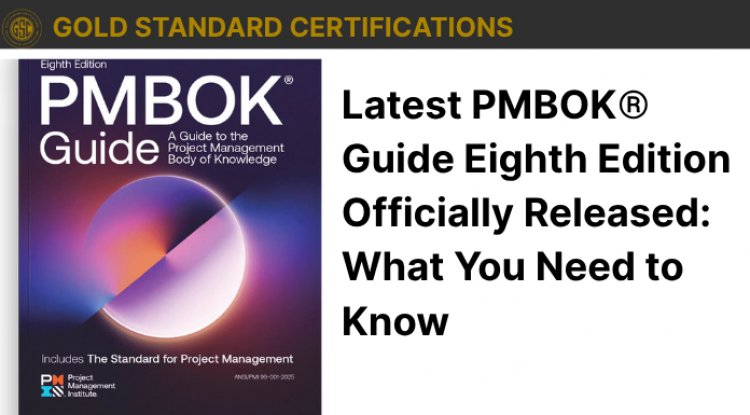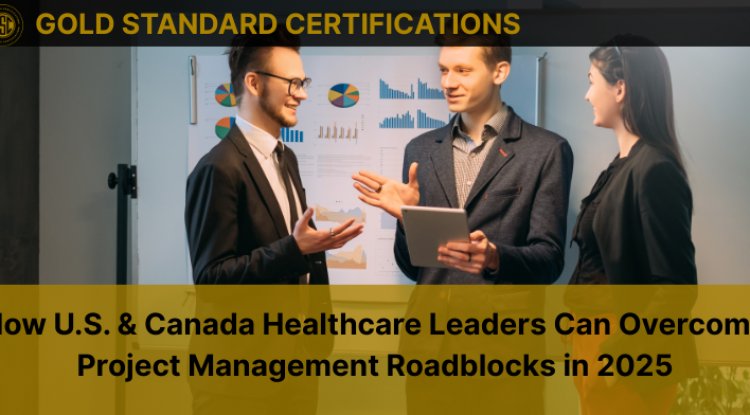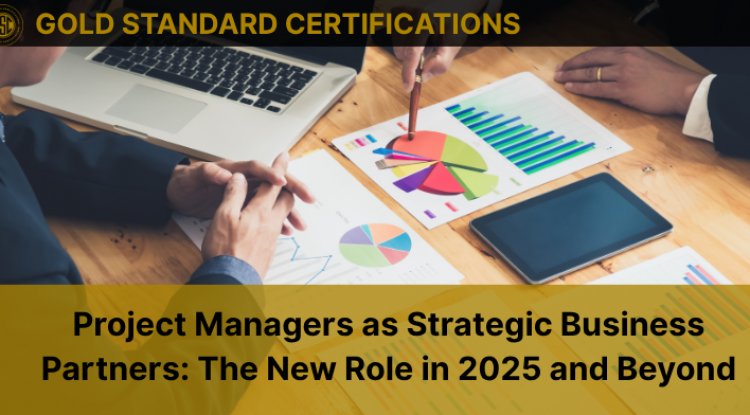What is PMI-RMP? : Overview, Eligibility, Demand, and Salary Trend
PMI-RMP Certification increases your ability to identify potential risk, and helps you gain knowledge to mitigate threats. Get your PMI-RMP Certification now.
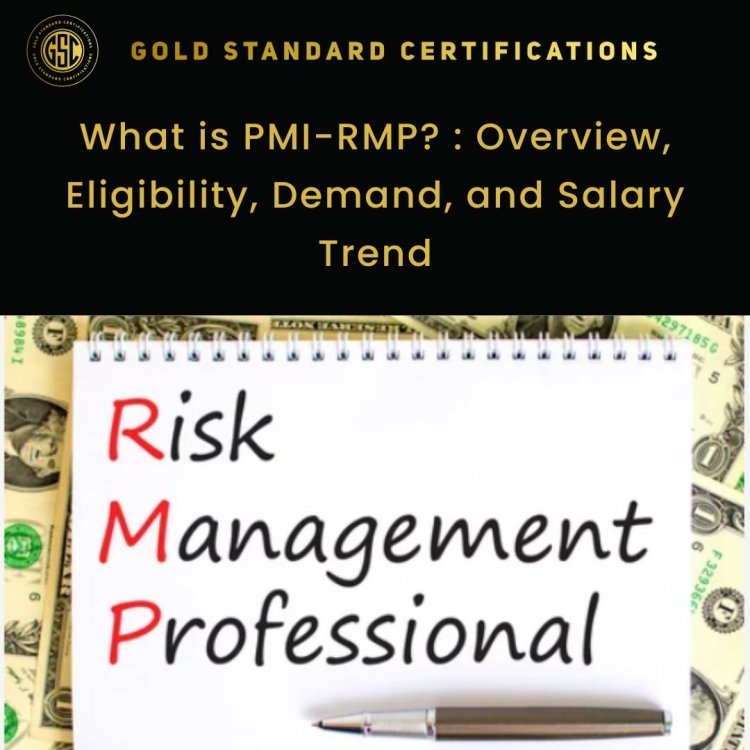
Every project is associated with factors, and this causes delays in the completion of the project, increased expenses, and sometimes also leads to failure. Risk Management is an essential part of a project's progress. Therefore managing risk is a requirement that is in demand. PMI offers a certification on risk management, for professionals, PMI-RMP® Certification. Learn more about PMI-RMP certification.
What is PMI-RMP?
Risk Management Profession is a unique career choice, as it sets you apart from other careers. PMI-RMP is the eighth Project Management Institute (PMI) certification. A certified PMI-RMP professional must understand the risk management process, and methods to handle and reduce risk factors, and must have the knowledge of management principles. There must be planning risk management, identifying risk factors, evaluating, developing, monitoring, and implementing risk aspects.
So, how does PMI-RMP Certification help a professional:
- Spotting the risk factor way ahead
- Detecting the threats to project success
- Mastering the fundamentals and techniques of risk management
- Creating opportunities
- Saving the right resource
Growing Demand for PMI-RMP Certification
Did you know?
According to Recruiter.com,
There will be 50,000 risk management jobs by 2029, which portrays an annual increase of 1.31 % in the coming years.
According to Mordor Intelligence,
“The global value is estimated to be $47.48 billion in 2024 and $86.89 billion by 2029, expecting growth at a CAGR of 12.84% between 2024-2029”
As per the Global Association of Risk Professionals, the insurance sectors, capital markets, and banking sectors are about to invest $96 billion to extract risk information technologies.
Why is there a need for a Risk Management Professional?
In 2022, there were about 1829 reports cyber incidents in the finance industry
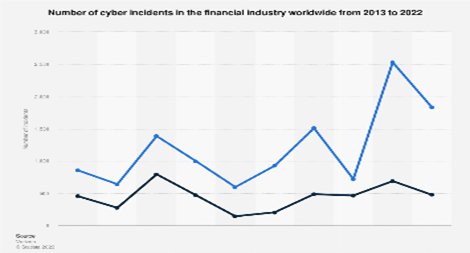
The risk analytic market is quite a consolidated market, it helps larger companies as well as enterprise-level companies. These statistics help businesses to deal with risk factors that arise due to human error, system failure, or fraudulent cybercrime. There is a demand for Risk Management Professionals to detect these threats and overcome risk.
PMI-RMP: Overview
A PMI-RMP Certification helps to demonstrate and apply the practice of identifying the risk that lies ahead of a project's success. The PMI-RMP Certification helps you gain recognition and value in the project management profession.
Eligibility for PMI-RMP
- Education
- Secondary Degree ( High School Diploma, associate’s degree or any equivalent)
- Four Year Degree
- Bachelor’s degree or Post Graduate Degree from GAC accredited program.
- Work Experience
- Without a Four-year degree
- A minimum of 3 years (36 months) of professional project risk management within the last 5 consecutive years.
- 40 contact hours of education in the field of project risk management
- With a Four-year degree
- A minimum of 2 years (24 months) of professional project risk management within the last 5 consecutive years.
- 30 contact hours of education in the field of project risk management
- With a GAC-accredited program
- A minimum 1 year (12 months) of professional project risk management within the last 5 consecutive years.
- 30 contact hours of education in the field of project risk management.
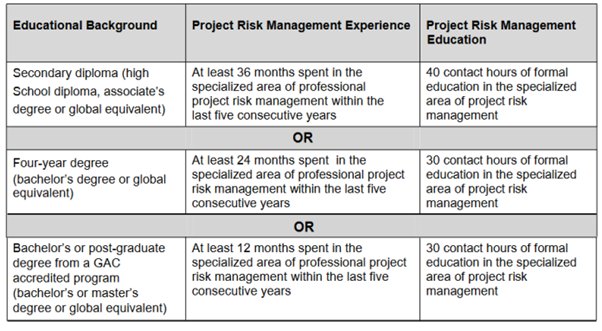
PMI-RMP Certification Exam Pattern
|
PMI-RMP Exam Details |
|
|
Exam Duration |
2.5 hours (150 minutes) |
|
Number of Questions |
170 |
|
Number of scoring questions |
150 |
|
Pre-test questions |
20 |
|
Exam Type |
Online (Computer- Based Testing) and Offline mode (Paper- Based Testing) for selected cases |
|
Question Type |
MCQ’s |
Salary Trends of Risk Management Professionals
Risk Managers are those that help the company to reduce and avoid risk exposure. It is up to a risk manager to minimize the adverse effects of risk. Risk Managers get to assess the investments, identifying bad ventures to avoid losses in the business.
There are about 5 kinds of Risk Managers
- Enterprise Risk Managers
- Financial Risk Managers
- Operational Risk Manager
- Supply Chain Risk Manager
- Digital Risk Manager
The Average Salary of Risk Management Professional
- Enterprise Risk Managers- $119,867- $165,059
- Financial Risk Managers- $92,573-$119,784
- Operational Risk Manager- $110,500- $138,600
- Supply Chain Risk Manager- $109,645-$140,513
- Digital Risk Manager- $110,437- $134,708
Skills to become a Risk Management Professional
A Risk Professional must know every department in an organization. Here are the skills required for a Risk Management Professional.
- Problem-Solving Ability: While taking the organization to the next level, potential risk factors are to be broken down, one must have the ability to identify and mitigate the risk factor and must possess the ability to solve problems.
- Clear Communication: Since he has to travel through every other department, a risk management professional needs to communicate with various groups, be it from the board of directors to employees.
- Analytical Skill: Ability to analyze the threat and evaluate the outcome, thereby balancing the risk appetite.
- Understanding business: To identify the risk factor, it is important to understand the functioning of the business, getting to know the external and internal elements for the smooth functioning of the business.
Is a PMI-RMP Course enough to get a PMI-RMP Certification?
Become a certified PMI-RMP professional from prestigious Gold Standard Certifications. The PMI-RMP certification enables you to overcome the challenging environment and elevates the capacity to recognize and alleviate GSC project risk.
The key features include the following:
- Complete a 4-day class recording
- Get to earn 40 PDUs
- Post-class support by the GSC Training Team
- 100% Money back guarantee
- 5 Practice exam
- 4-day comprehensive training for PMI-RMP Exam
What is the outcome of GSC PMI-RMP CERTIFICATION?
- Gain Specialized knowledge in risk management, and its methodologies.
- Practical Knowledge on real-world scenarios
- Get more credentials, creating high value in the market
- Equips Industry knowledge and trends
- Learn the practical tools and techniques applied in professional roles
Most of organizations are adopting risk management professionals, an organization cannot step ahead without considering its risk elements. PMI-RMP facilitates a great career option for managing the risk of companies. Risk Management Professionals not only enjoy an attractive salary but are also valued in an organization. Risk Managers are an asset to the organization's benefit and therefore are well remunerated. Now, become a certified PMI-RMP professional.
